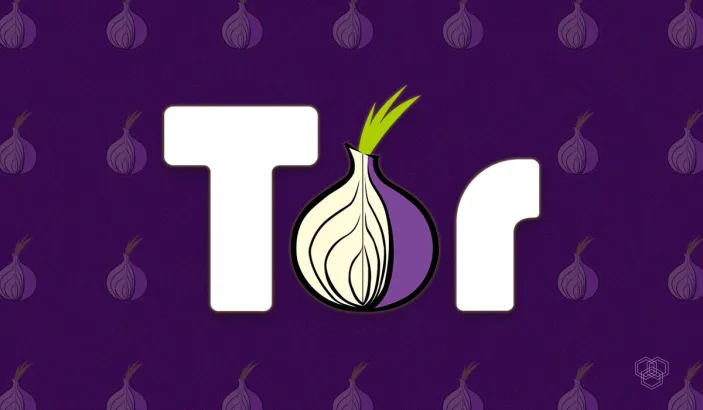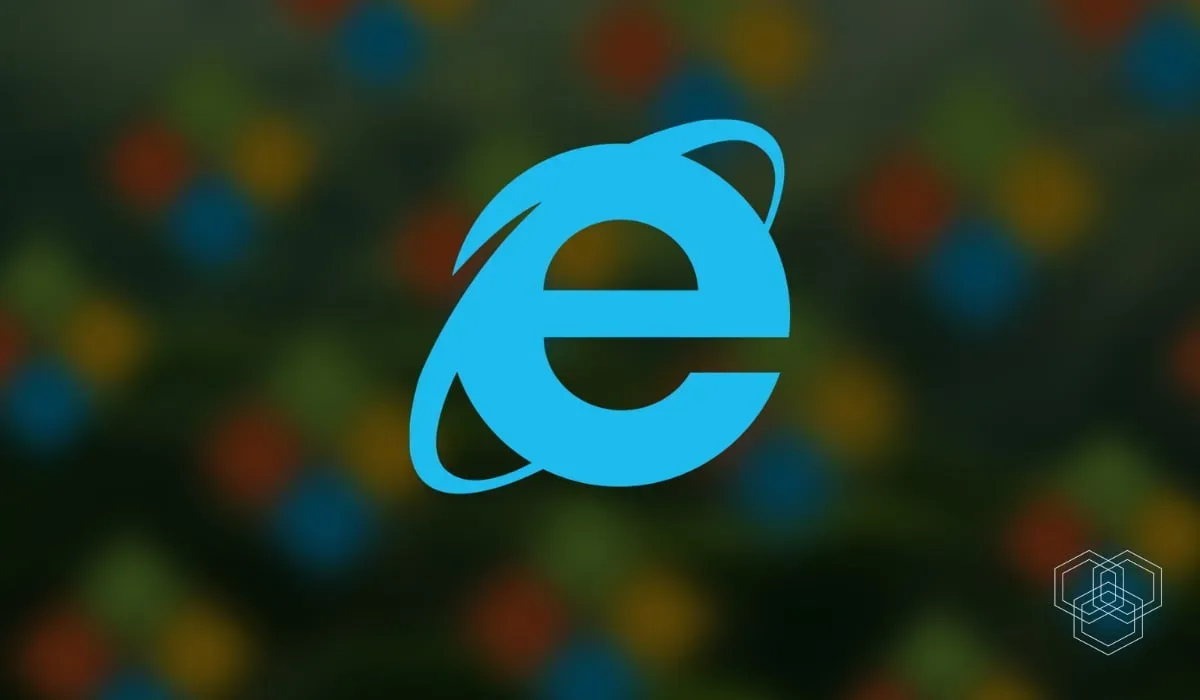The Tor Project, makers of the Tor private browser, just announced a record number of donations from individual users in their 2018 funding campaign which totaled $460,000. This will allow them to rely less on US government funds. (Tor was originally created by the US military.)
The company also indicated in recently released financial records that it raised a record $4.13 million from all sources in 2017. All of this was possible due to an increase in donations from outside of the US government.
Tor got this far thanks to contributions by Mozilla, another open source software organization. Mozilla pledged to match donations until the end of 2018. An anonymous individual also matched all new donations up to $20,000.
The Tor Project revealed it received donations from 115 countries across the globe. This shows us how many people rely on Tor for safe and secure Internet browsing.
Data showed how it was diversifying its donation sources and slowly stepping away from government grants. A major factor in Tor’s decision to step away from government reliance was the FBI’s decision to try to “crack” Tor.
The FBI paid Carnegie Mellon researchers $1 million to find a way to stop Tor, a claim that the researchers later denied. The FBI allegedly did this to stop the spread of child pornography. While they did manage to compromise the anonymity of some users, it appears they didn’t get much farther than that. If the FBI had managed to crack Tor, many innocent users would have suffered as well.
Still, Tor seemed convinced that, while perhaps they weren’t paid, the university researchers did aid the FBI in helping to de-anonymize Tor, and called the law enforcement/university relationship a “troubling precedent.”
After the privacy debacle, The Tor Project held fundraisers in 2015 seeking outside donations. (The US government financed 80 to 90 percent of Tor’s expenses in 2015.) The success of this and subsequent fundraisers meant that by 2017, US government contributions fell to just over 50 percent in 2017. Private donations now make up roughly 49% of Tor’s funding.
There are other government-backed agencies around the world funding Tor. In 2017, a Swedish government agency, Sida – Swedish International Development Cooperation Agency, provided $600,000. Sida’s mission is to help individuals living under oppression so they can improve their lives.
While Tor has been around for decades, many people heard about it for the first time when famous whistleblower Edward Snowden Tweeted his support for the privacy browser.
Tor has been fighting for several years for a free and open internet. Now, it’s involved in its hardest fight yet.
Ajit Pai, the FCC Chairman has managed to successfully defend its policies in Congress and destroy the protections provided by net neutrality. This means that any networks the telecommunications companies don’t like can easily be throttled, making them too hard for users to deal with and driving them back to less secure ones.
Pai’s agenda gives more power to telecom companies and ISPs so they gain more information about users to sell to advertisers and generally make these companies richer. But Tor has kept itself busy by working on several projects to protect us from this.
Tor released its first web browser for Android devices in September 2018. That same month the organization released Tor 8.0, its most stable release to date. The browser was based on Firefox’s 2017 Quantum structure.
Tor works by hiding users’ identities from third parties such as ISPs and government web monitoring systems. Tor reroutes incoming data to other servers. The data gets encrypted and returned to the user. This is known as onion routing.
As governments around the world are putting stricter Internet policies in place, users feel less safe while browsing the Internet. Many governments have been heavily censoring content they feel is too controversial, sexual, or critical of their regimes. This is why browsers such as Tor exist. Tor is fighting the good fight, and people can see its importance now more than ever. No wonder it has two million users.
After a series of successful funding campaigns, the organization can rest easy knowing it is not alone in the fight for a free and unrestricted Internet.





Share Your Thoughts